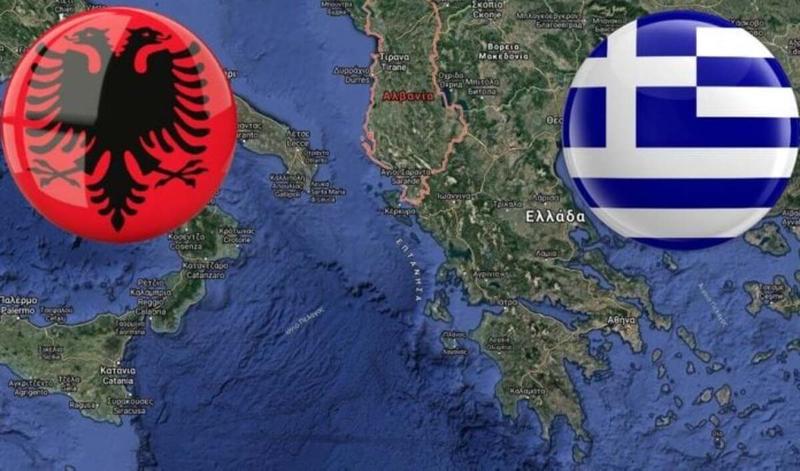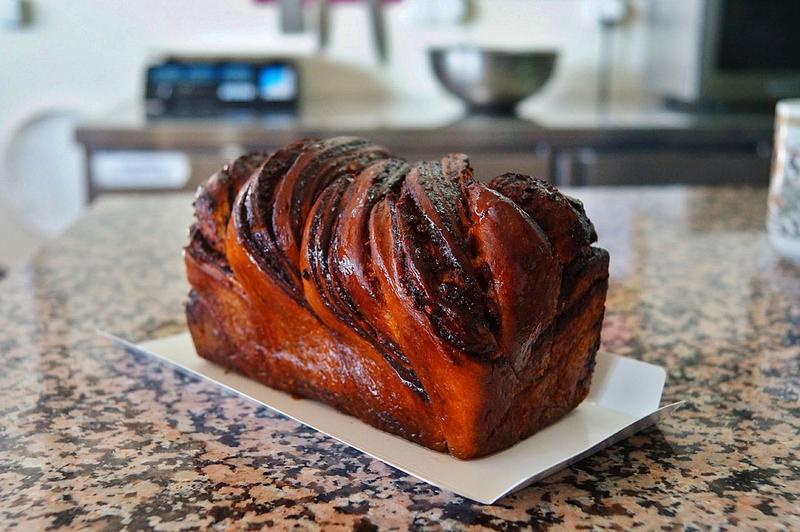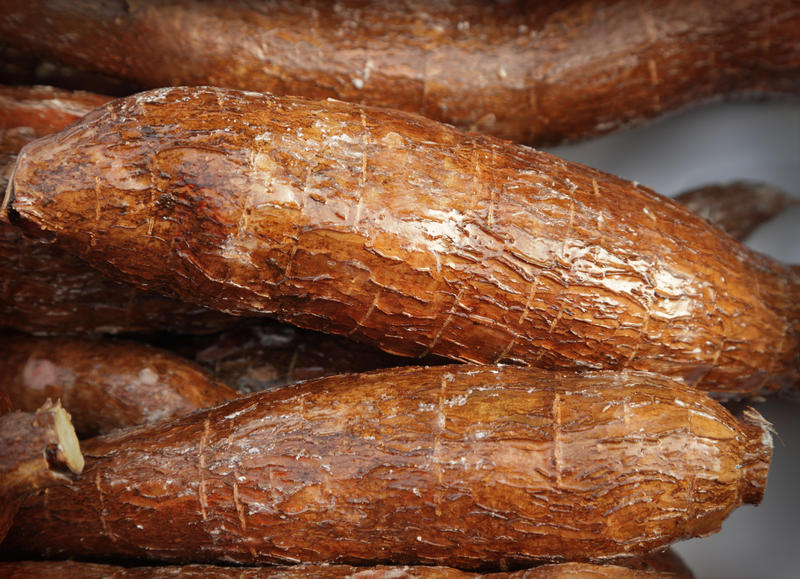The European Comission plans to reform the wine industry in the EU, as it cannot compete with the Americas, Australia or South Africa. One of the most important things to reform is the elimination of sugar additives in wine, a plan which some Romanian producers disagree with.
Mariann Fischer Boel, the EU Commissioner for Agriculture has said that the allocated budged of 1.3 billion euro for the industry was unwisely spent.
Every year, Europe spends more than 500 million euro to get rid of its wine over-production and one of the EC solutions is to financially support those farmers who agree to destroy parts of their wineyards.
In case the EC reform will be adopted, the total wineyard land will be reduced with almost a third.
Even though Europe is the biggest producer and exporter of wines in the world, the competitors are fierce and come mostly from Australia, California, Chile and South Africa.
Thus, the Commission proposes the allocation of 120 million euro each year from the EU and member states budget to set up a marketing campaign that would lead to a foreign increase in the market quotation.
Another measure considered by the Commission is the elimination of subsidies meant to support the producers who throw away overproduction and of those meant for those producers who transform their unsold wine in industrial alcohol.
A possible interdiction to add sugar in wines faces resistance from Slovakia, Luxembourg, Germany, Austria or even Romania.
Ovidiu Gheorge, general director of the National Employer's Union of Wines and Wineyards, has stated for HotNews.ro that such a reform in the industry is more than welcomed. However, when it comes to the elimination of sugar, he firmly opposes such a measure and declares himself skeptical that such a decision will be adopted.
The wine market in Europe is huge: there are almost 2.5 million people working in the field who could be affected by the EC decision to destroy more than a third of the wineyards.
Wine industry is one of the top domains of the European agriculture, the biggest producers being France, Italy, Spain, Germany, Portugal, Hungary, Greece and Austria.



















